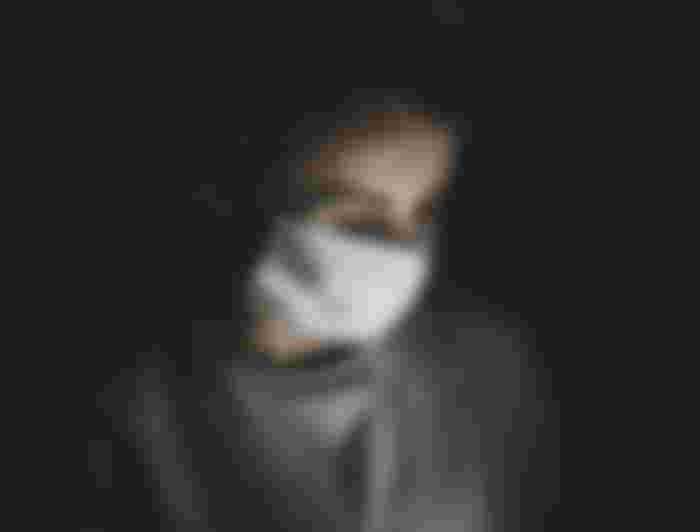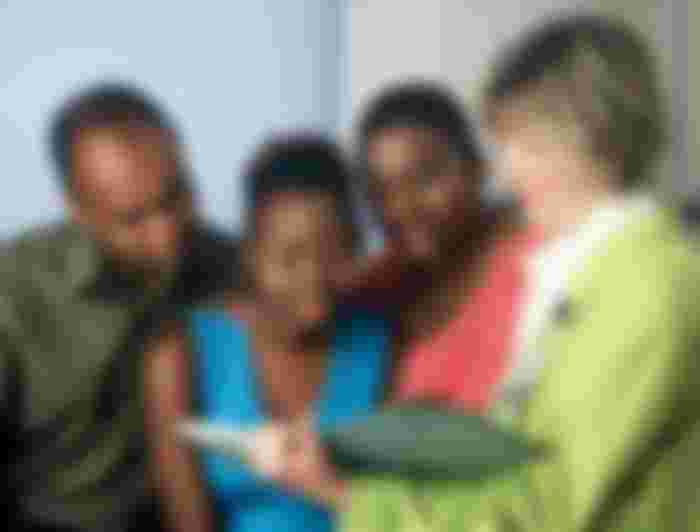
The world has been shocked by the global pandemic of the Novel Coronavirus or COVID19. President Rodrigo Duterte declared the alarm for nationwide lockdown on March 15, 2020. Everyone faces a huge problem on a global pandemic on the said virus that threatens all the aspects of life and because of the unavailability of vaccines, everyone was faced to follow the protocols to the new normal in which wearing masks is a must. To deal with the global pandemic, to surpass the needs of the continuity of teaching and learning process, as we secure the health and safety of everyone, distance education has become the "new normal" in education with the utilization of technology. The Department ofEducation prepared different kinds of modalities. The pandemic has highlighted the big gap among schools in terms of equity, access, and support for teachers, students, and education. Especially to our Indigenous Learners.
Indigenous people are considered as the poorest of the poor and one of the most disadvantaged people due to lack of access. The coronavirus (COVID-19) pandemic poses a grave threat to Indigenous people around the world. Indigenous communities already experience poor access to education, lack of access to education, lack of essential services, as well as in lack of technological equipment.

Indigenous pupils, live in remote areas, even cellphone signals can be absent and most of them have no access to electronic gadgets even radios and televisions. the unsustainable electricity can only prove that internet connectivity is not possible to obtain. Most parents of Indigenous pupils are self-employed, their income comes from planting vegetables, harvesting rice, fishing, and hunting animals. because of poverty they some of them do not give much importance to formal education since their primary concern is on their basic needs such as food. The reason why most of the parents of IPs are undergraduate and illiterate (no read, no write). So the challenging part of these is that they cannot teach well their children at home.

Thus, DepEd stated that "even if they don't have gadgets and internet access, we're preparing printed learning modules and we'll find a way to bring them to their homes or there would be coordinated pick-up points for this printed learning modules" But then again, many of Indigenous pupils together with their parents are not be able to write and read fluently. So understanding the printed module will be another struggle for them.
Our teachers in remote areas faced a very challenging situation for the new normal. But of course, as teachers, they need to be flexible to deal with the educational demands amidst pandemics for the continuity of education. Regular monitoring and supervising the learners are added to their tasks. Contextualizing the learning modules regarding the learning capabilities and capacities of Indigenous pupils. They also ask help from those people who are able to read and write within the community to guide the Indigenous learners within their modules. Teachers must give also consider, understand and give a lot of patience knowing that everyone has a different level of capacity and capabilities in the learning and teaching process of indigenous pupils.

Despite the fears and worries on how to cope up with the academic demands with the new educational setup, education is not the work of teachers alone. Collaboration and partnership of everyone is a must. Teachers, parents, school leaders, and external partners have to work together to address the many challenging issues of remote learning. In the end, collaboration makes life's challenges-not necessarily easier but more bearable.
Thank you for reading, hoping that everything will be fine soon especially for our learners! God bless us all.




Hello Ma'am Renren Yes, indeed that face to face classes is better because the monitoring and evaluating of the students progress is more accurate and effective. Everyone is adjusting for the changes and gives effort to cope with the new normal. Praying and hoping that everything will be fine soon. God bless you too.